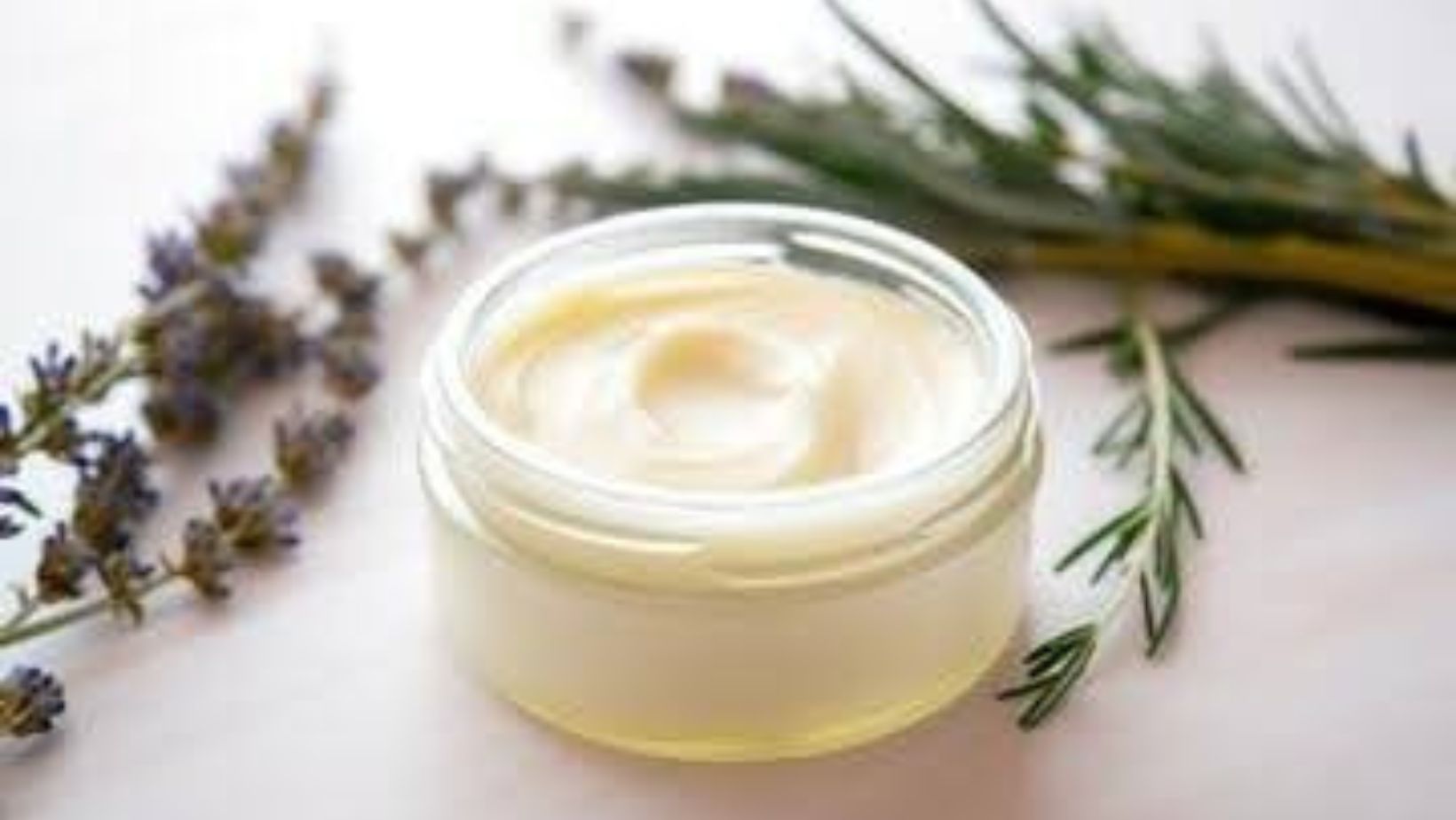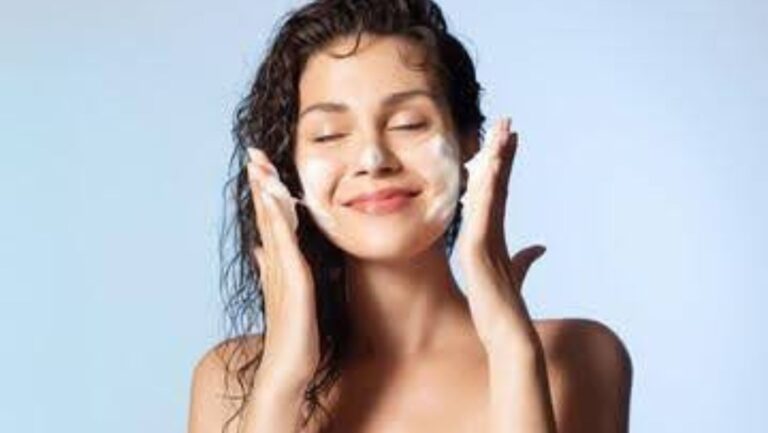Last Updated on April 2, 2025 by Nala Thorpe
Building a robust skincare routine is a proactive way to enhance your skin’s radiance. Following the regimen diligently might also guard against various skin conditions, from mild acne breakouts to full-blown diseases like skin cancers.
Fortunately, it’s easier to build a skincare routine than you probably think. It mainly involves understanding your skin tone and applying cosmetic products designed specifically for that skin type.
In this guide, I’ll walk you through the top ten tips on how to set up a robust skincare regimen.
Rinse With Warm Water
Rinsing our face every morning is a habit that was inculcated in us right from our childhoods. But it’s surprising just how many people do not appreciate the significance of this basic skincare routine.
Rinsing helps moisten your skin and rid it of excess oils that might have been secreted during sleep. The best way to implement this skincare routine is by using warm water.
Warm water dissolves excess oils from the skin’s surface while still maintaining its moisture content.
Cleanse Twice A Day
While rinsing the face only removes surface oils, cleansing goes way deeper by cleaning out debris that might clog your skin pores and cause dullness.
To achieve maximum effects, consider cleansing your skin in the morning and evening using a suitable product.
Masque Vivant is the go-to skin cleanser due to its incredible rebalancing properties. The product is formulated with organic ingredients that purify the skin and eliminate excess sebum while reducing acne breakouts. It’s suitable for all skin types, including acne-prone skin.
Apply a Toner Twice a Day
Not everyone uses a toner. But if you do, the best time to apply it is right after cleansing your skin.
Some toners contain exfoliating agents, while others are infused with rehydrating formulas. Be sure to check the ingredients to determine if you can still apply an exfoliator or moisturizer thereafter.
Like a cleanser, the best way to max out on a toner is by applying it twice a day.
Exfoliate Twice a Week
If your toner doesn’t contain exfoliating compounds, then exfoliation would be the next step in your skincare routine. Exfoliation removes excess sebum while cleaning your skin pores of debris and dead cells.
There are two exfoliation techniques, namely mechanical and chemical exfoliation.
Mechanical exfoliation relies on physical force, while chemical exfoliation uses cosmetic products formulated with compounds like glycolic acid, lactic acid, and alpha-hydroxy acids
Apply Serum
A study found that serums deliver maximum impact when used alongside face creams and moisturizers. However, you can apply the product on any clean skin surface without necessarily using a toner or exfoliator.

Serums are high in antioxidants like vitamin C, which protect your skin cells from oxidative damage caused by the over-accumulation of free radicals. Their composition determines whether you can apply them in the morning or at night.
Serums full of antioxidants are best used in the morning, while those primarily containing moisturizers are ideal at bedtime. Products such as Gundry MD Polyphenol Dark Spot Diminisher, with its polyphenol-rich formula, are often noted for not only protecting the skin but also helping to diminish dark spots and improve skin tone gradually over time.
Mask Up Twice Per Week
Face masks are unsung heroes in the world of skincare.
But like other cosmetics, these products can offer tons of benefits for your skin.
The one outstanding benefit of face masks is that they’re high in nutrient-rich ingredients, including vitamins and minerals. These nutrients are readily absorb into the skin, improving its health and vitality.
Moisturize Twice a Day
It’s nearly impossible to build a robust skincare routine without a moisturizer.
Moisturizers contain ingredients like hyaluronic acid, which keeps your skin soft and supple. These compounds help balance your skin’s moisture content all day long.
Some moisturizers are also fortified with anti-aging compounds like vitamin C, which provide numerous health benefits. And contrary to common misconception, all skin types (including oily skin) require a moisturizer.
Wear Sunscreen
Sunscreens are synonymous with summer weather and the outdoors.
But unknown to many people, skin damage caused by ultraviolet (UV) rays can occur in any weather.
That explains why dermatologists recommend applying a broad-spectrum sunscreen to protect your skin from harmful solar radiation, which might cause skin irritation and premature aging.
Don’t Forget Eyecare
Exposed areas of the skin require more intensive care. The skin around the eyes particularly needs more attention as it’s typically seven times thinner than the rest of the face.
One way to care for your eyes is by applying retinoids.

Retinoids are basically vitamin A derivatives that are rich in retinol, an antioxidant noted for its numerous health benefits for the eyes. The compound can reduce dark spots and fine lines around the eyes while guarding against breakouts.
Insist on a Wholesome Approach
Being the largest organ in the body and the one most exposed to the elements, it’s understandable why the skin receives so much attention when discussing healthy wellness practices.

However, there are many other interventions that may indirectly boost your skin’s shine and elasticity. These include drinking warm water first thing in the morning and following a professionally-approved workout plan.
It’s also important to keep stress at bay as high cortisol levels might adversely impact your skin tone. Lastly, ensure you’re getting the right amount of sleep each night.
Wrap Up
Remember that radiant and healthy skin isn’t something you can achieve overnight. It requires some patience and persistence in following an already-established skincare regime.
It’s also prudent to consult your dermatologist before integrating cosmetics into your skincare routine. That’s especially true for industrially-prepared products containing significant levels of inorganic compounds.




